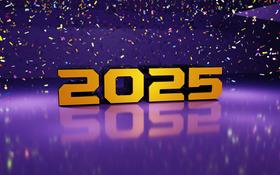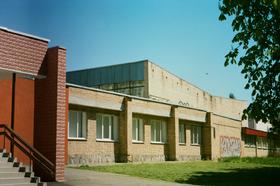For the 2025-26 school year, there is 1 public charter school serving 61 students in the neighborhood of South Broadway, Albuquerque, NM.
The neighborhood of South Broadway, Albuquerque, NM public charter schools have a diversity score of 0.65, which is more than the New Mexico public charter school average of 0.56.
Minority enrollment is 80% of the student body (majority Hispanic), which is more than the New Mexico public charter school average of 73% (majority Hispanic).
Best ºÚÁÏÍø¹ÙÍø Charter Schools in the neighborhood of South Broadway, Albuquerque, NM (2025-26)
School
(Math and Reading Proficiency)
(Math and Reading Proficiency)
Location
Quick Facts
Rank: #11.
William W & Josephine Dorn Charter Community School
Charter School
(Math: ≤20% | Reading: ≤20%)
Rank:
Rank:
4/
Bottom 50%10
1119 Edith Blvd Se
Albuquerque, NM 87125
(505) 243-1434
Albuquerque, NM 87125
(505) 243-1434
Gr: K-5 | 49 students Student-teacher ratio: 8:1 Minority enrollment: 80%
Frequently Asked Questions
What are the top ranked public charter schools in the neighborhood of South Broadway, Albuquerque, NM?
The top ranked public charter schools in the neighborhood of South Broadway, Albuquerque, NM include William W & Josephine Dorn Charter Community School.
How many public charter schools are located in the neighborhood of South Broadway, Albuquerque?
1 public charter schools are located in the neighborhood of South Broadway, Albuquerque.
What is the racial composition of students in the neighborhood of South Broadway, Albuquerque?
the neighborhood of South Broadway, Albuquerque public charter schools minority enrollment is 80% of the student body (majority Hispanic), which is more than the New Mexico public charter schools average of 73% (majority Hispanic).
Recent Articles

Texas Schools Enrollment Trends & Policy in 2025
Latest data and policy changes on Texas public school enrollment growth, funding, and virtual education in 2025.

Financial Aid & Hidden Costs in ºÚÁÏÍø¹ÙÍø Schools
Learn about financial aid and hidden costs in public schools. Discover what parents should budget for beyond tuition-free education.

NYC Schools Still Most Segregated in 2025
Despite reforms, New York City schools remain the most segregated in the U.S. in 2025. Here’s what parents and educators need to know.
